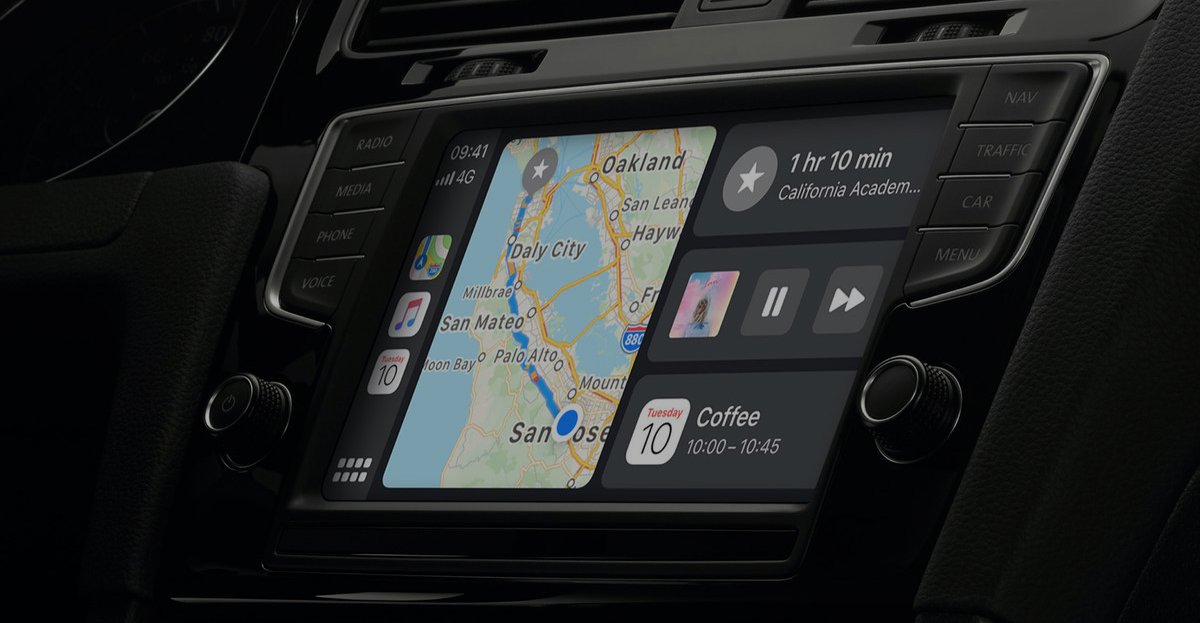Roundup: Apple App Store Year In Review
Recently, after one whole week of basking in glory at the Apple App Store, Bang With Friends was sofa king banged banned. Whether anyone was actually surprised there or if the dating app that helps you find Facebook friends who want to mutually bang you is really ban-worthy is up for argument.
It got us thinking, though. What other shenanigans has the App Store been up to since their record-breaking two billion app downloads for December of last year? 2012 was the year that mobile apps exploded. This year, so much happened that it’s getting hard to keep up.
Here, we’ve got some of the biggest happenings in the Apple App Store this year – the ones that should actually matter to you.
January – On January 7th, Apple announced that that the App Store hit a whopping 40 billion downloads, with 20 billion downloads in 2012 alone. They added that the App Store then had 775,000 apps, with 20,000 apps being added each month. Everyone cried tears of joy and looked forward to the year ahead.
February – During the Superbowl, amidst baby horses, fast cars, a cringe-worthy makeout session, and other $4 million 30-second ad spots, Apple quietly debuted AppStore.com vanity URLs. It appeared at the end of the commercial for the new Star Trek movie, directing viewers to AppStore.com/StarTrekApp. Everyone surmised there would be a massive land grab, but if you haven’t claimed yours yet, relax. The vanity URL is generated automatically based on your app, for instance, AppStore.com/[appname] for iOS. You can read more about using app name and company name vanity URLs here.
March – After years of vulnerability, the App Store finally adopted HTTPS encryption. Before the fix, the security flaw enabled hackers on the same private or public WiFi network to steal passwords and install unwanted – and expensive – apps without your consent. Google security researcher Elie Bursztein discovered the vulnerability and reported the issue to Apple in July 2012, over six months before Apple issued the fix.
April – The month in which the App Store woke us all up to what many believe as signs of Apple’s self-serving, Big Brother qualities when it gave AppGratis the boot. AppGratis, an app promotion and discovery platform, vanished without explanation or comment from Apple. While tech folks and the internet cried foul, April taught developers everywhere a cautionary lesson about playing in Apple’s playground. (This was also the same month that Apple added age rating tags to app descriptions in response to controversies of the app store’s approval process and age rating system)
May – On May 16th, Apple announced that the App Store hit 50 billion downloads. To celebrate this historic milestone, Apple once again held a contest similar to other app store milestones, such as the 25 billionth app download and 25th billion song benchmark. The user who downloaded the 50 billionth app got bragging rights and a $10,000 App Store Giftcard (spoiler alert: the lucky winner was Brandon Ashmore from Mentor, Ohio). If you’ve been reading this post from the beginning, remember that it was only in January that hit 40 billion downloads.
Clearly, it’s an interesting time at the App Store, both in terms of the store itself and the evolution of Apple’s decisions and watchful eyes over developers. As we hit the six-month line of 2013, it’s exciting to see what’s up ahead.









